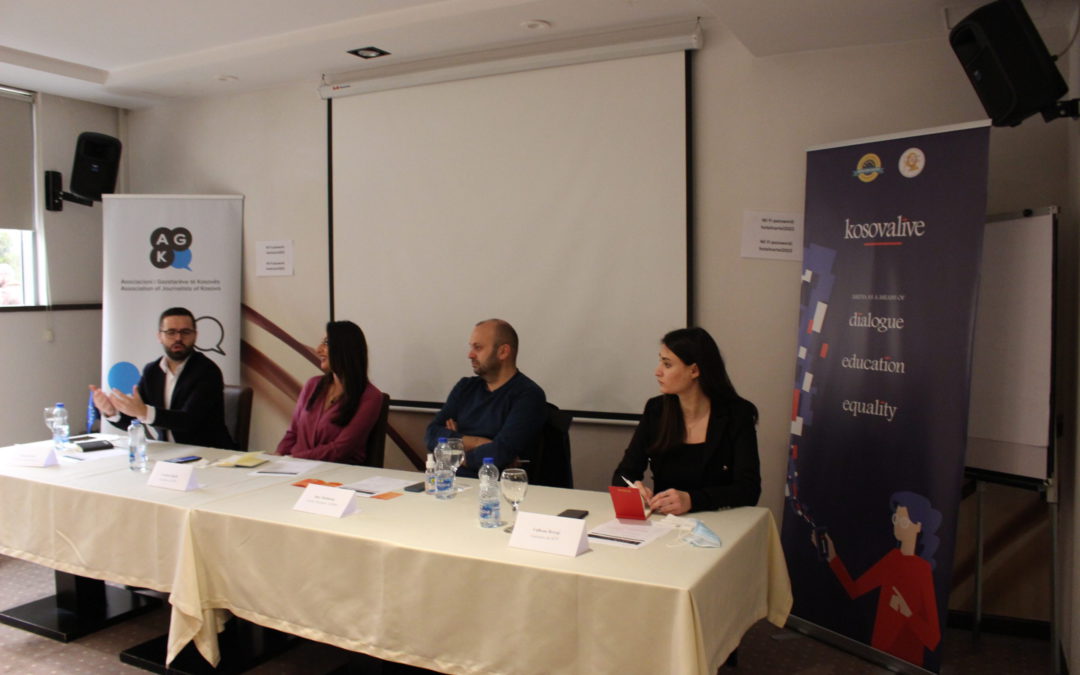In support of the first Forum on Women, Peace and Security (WPS) organised in Pristina this weekend at the initiative of the President of Kosovo, Vjosa Osmani-Sadriu, the European Union and UNDP co-organised today a panel discussion on the need for the integration of women’s economic empowerment in climate change adaptation and mitigation within the context of global WPS Agenda.
This topic has become more and more relevant as climate change and its effect such as droughts, floods and diseases cause severe distortions in economies around the world, putting women in an even more disadvantaged position, often poorer than men, more exposed to environmental health hazards, and more dependent on natural resources.
The panel brought together several high-level speakers.
“Empowering and equitably including women in the workplace means higher productivity and development and a more just society. I and our whole Government are firmly committed to continuing to open new paths for all women and girls,” said Kosovo Minister of Economy, Artane Rizvanolli, opening the discussion.
Women’s economic rights and empowerment have received far less attention compared to other pillars of the Women, Peace and Security Agenda thus far, and focusing only on women’s participation in peacekeeping operations is insufficient to secure sustainable peace and security for women and states, said Viola Von Cramon, Member of the European Parliament and Rapporteur for Kosovo.
“The consequences of the climate change and the COVID-19 pandemic are urging us to rethink how the future implementation of the relief and recovery pillar of the WPS agenda should look like, to both best protect women and ensure economic recovery through women-led economic activities”, she continued.
Adding to this, Clare Hutchinson, former NATO Secretary General’s Special Representative for Women, Peace and Security, noted that “the role of women on the frontlines should be used to ensure inclusion of women in policies, investments, and local interventions that tackle the negative effects of climate change.”
“Climate change and women, peace and security are often treated as two separate, distinct and unrelated issues. However, the two are closely interconnected, as countries that score better on the WPS Index are less vulnerable to the effects of climate change and are better equipped to respond to consequences. They also enjoy greater peace and stability,” said Dr Laura Altinger, Regional Team Leader of the Nature, Climate and Energy from UNDP’s Bureau of Policy and Programming Support.
The panel that featured Lucy Maycox, Researcher on Women’s Peace and Security at Oxford University, as well as Carline Scheele, Director of the European Institute for Gender Equality, through a video address, concluded that women’s economic rights and empowerment are the backbones of peaceful and secure societies and that it needs to be prioritised all over the world.
The EU and UNDP in Kosovo will continue to contribute to the consolidation of respect for human rights and fundamental freedoms, including promoting women’s participation in the economy and political decision-making in accordance with the EU acquis and the 2030 Agenda for Sustainable Development.








